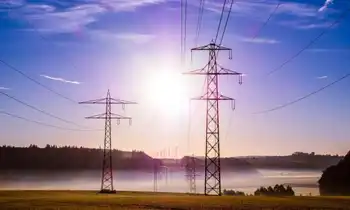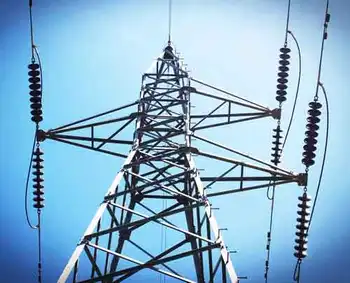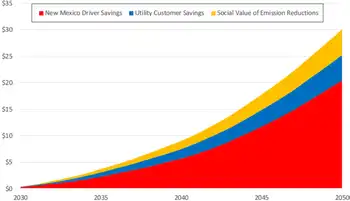Nuke plants' storage called ripe for attack; Scientists want better security for fuel
WASHINGTON, D.C. - Fuel storage pools at nuclear power plants in 31 states may be vulnerable to terrorist attacks that could unleash raging fires and deadly radiation, scientists advised the government recently.
The group of nuclear experts said neither the government nor the nuclear industry "adequately understands the vulnerabilities and consequences of such an event." They recommended undertaking a plant-by-plant examination of fuel storage security as soon as possible.
In the meantime, plant operators promptly should reconfigure used fuel rods in the storage pools to lower decay-heat intensity and install spray devices to reduce the risk of a fire should a storage facility be attacked, the scientists said.
Congress sought the study by a National Academy of Science panel because of the heightened concerns that terrorists might seek to target nuclear power plants. A declassified version of the report was released April 6.
At 68 plants, including some already shut down, in 31 states, thousands of used reactor fuel rods are in deep water pools. Dry, concrete casks hold a smaller number of these rods.
Much more highly radioactive fuel is stored in pools than in the more protected reactors - 103 in total - at these sites.
Some scientists and nuclear watchdog groups long have contended that these pools pose a much greater risk of a catastrophic attack than do the reactors themselves.
Some plants where pools are all or partially underground present less of a problem. Others, including a series of boiling-water reactors where pools are more exposed, represent greater concern, said Bob Alvarez, a former Energy Department official who has argued for increased protection of used reactor fuel at nuclear plants.
The experts' report "pretty well legitimizes what we've been saying," Alvarez said in an interview.
The scientific panel said reinforced concrete storage pools - 25 feet to 45 feet deep, with water circulating to keep the fuel assemblies from overheating - could tempt terrorists.
The report said an aircraft or high explosive attack could cause water to drain from the pools and expose the fuel rods, unleashing an uncontrollable fire and large amounts of radiation.
Nuclear regulators said they would give the report's recommendations "serious consideration." But the NRC has disputed many findings and suggestions from the experts.
Related News

City officials take clean energy message to Georgia Power, PSC
ATLANTA - Savannah is among several Georgia cities that have led the charge forward in recent years to push for clean energy. Now, several of the state's largest municipalities are banding together to demand action from Georgia's largest energy provider.
Hearings regarding Georgia Power's Integrated Resource Plan (IRP) happen every three years, but this year for the first time the cities of Savannah, Decatur, Atlanta and Athens-Clarke and DeKalb counties were at the table.
"It's pretty unprecedented. It's such an important opportunity to get to represent ourselves and our citizens," said City of Savannah Energy Analyst Alicia Brown, the Savannah representative for…




